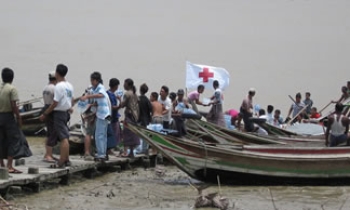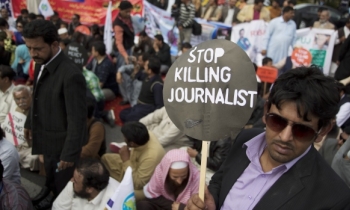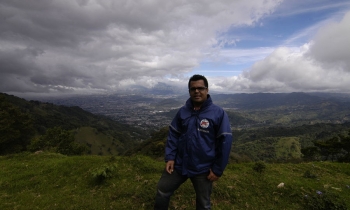The United Nations will launch the first round of consultations next month on creating a new internet governance body, as agreed by delegates attending the global net summit in Tunis last year.
The UN, which hosted the World Summit on the Information Society (WSIS) in November, is welcoming all stakeholders to attend the consultations, which will take place in Geneva on 16-17 February, according to a statement published 11 January by Swiss diplomat Markus Kummer, who had previously participated in the WSIS Working Group on Internet Governance.
The consultations will focus on developing "a common understanding among all stakeholders on the nature and character" of the proposed Internet Governance Forum (IGF) and to prepare for the first meeting of the new body, to take place in Athens, Greece, before the end of this year, the statement says.
Internet governance was, arguably, the most controversial issue at WSIS, threatening to undermine the entire summit. To defuse the heated war for political control of the internet, UN Secretary General Kofi Annan proposed a temporary ceasefire of sorts by offering to create IGF. Government delegates in Tunis agreed to the proposal.
Although the forum itself will have no oversight or decision-making function, some governments view it as an opportunity to sow the seed for a new internet governance regime.
Others, notably the US, view it in much the same way they viewed WSIS itself: a multilateral, multistakeholder, nonbinding body with a very broad mandate but with no real power - except to meet in Greece.
At WSIS and in talks leading up the summit, the US government reiterated that it had absolutely no intention of relinquishing its unique position in managing this critical global infrastructure.
President George Bush said the internet must continue to be a private-sector-led initiative under US government supervision. He was joined by several US congressmen, such as Norm Coleman, and US enterprises including IBM, Google and Microsoft, which spoke out in favor of maintaining the status quo.
David Gross, Ambassador of Bureau of Economic and Business Affairs at the US Department of State and the person who had led the US delegation, said in an earlier interview that the internet is best served by the bottom-up private-sector approach and should continue to be run that way.
Additional information about the forum is available at: http://www.intgovforum.org/index.htm.









